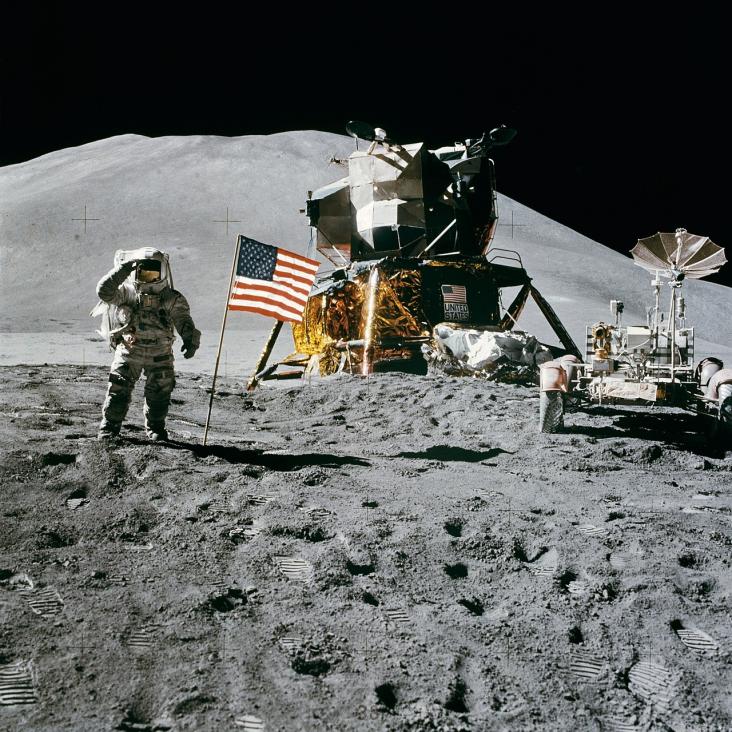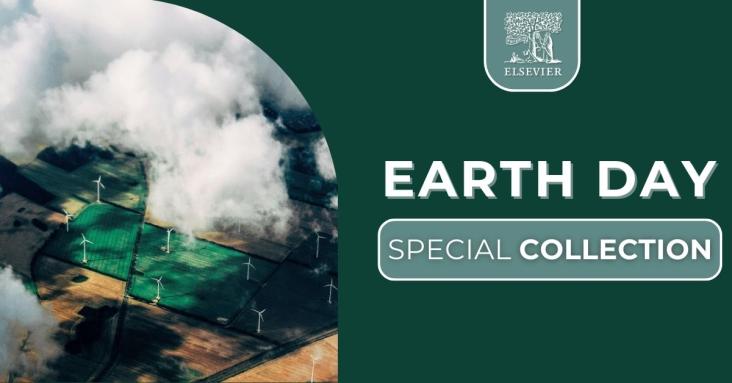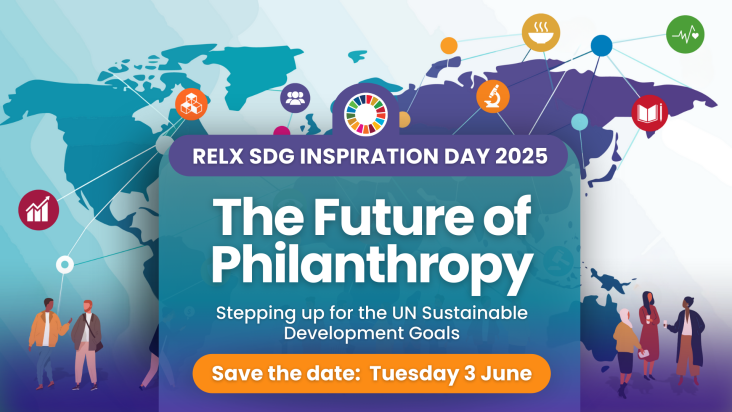
International Day of Human Space Flight 2026: A Tribute to Exploration, Unity, and Progress

22nd April is Earth Day, an annual, global movement to raise awareness and promote environmental protection. The theme for Earth Day 2025 is OUR POWER, OUR PLANET, inviting everyone around the globe to unite behind renewable energy, and to triple the global generation of clean electricity by 2030. To mark the event Elsevier has curated a free to access Special Collection featuring the latest research articles and book chapters to advance knowledge.
The article describes the development of an interdisciplinary, case-based workshop to introduce refugee and immigrant health professionals to the ways in which climate change impacts the health of the communities they serve.
This article proposed a new research framework to help better account for the broader sustainability (e.g. local community well-being, affordability, accessibility) in the net-zero energy transition

RELX SDG Inspiration Day 2025
The Future of Philanthropy: Stepping up for the United Nations Sustainable Development Goals
iScience, Volume 28, Issue 5, 16 May 2025, 112303
Public attitudes were assessed toward six strategies for ecological resoration and geo-engineering, with the public strongly preferring nature based solutions like reforestation.
S. Bhattacharya & G. Nikitas, Energy and Climate Change: Our New Future, 2025, Pages 197-224
This chapter supports SDGs 7, 11, and 13, by providing an overview of wind energy and current challenges and opportunities, with a particular focus on offshore wind energy which is an increasingly important part of the energy transition.

